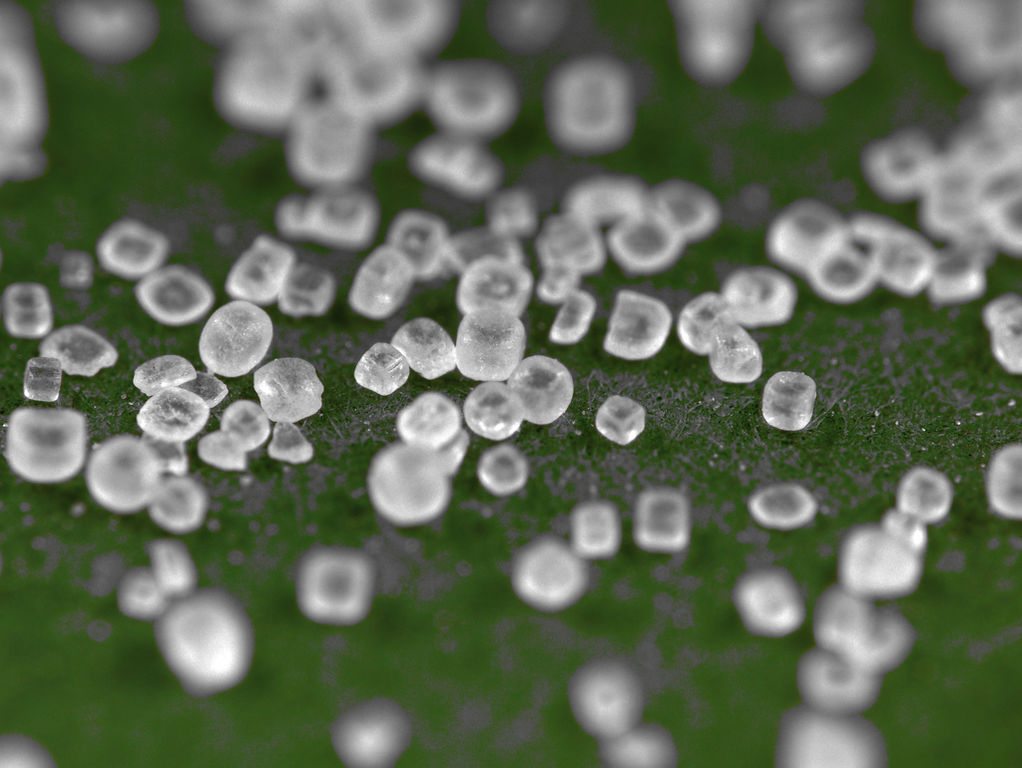Tag: pseudoscience

ASEA: Another Expensive Way to Buy Water
ASEA is an expensive way to buy salt water, backed up by an enormous number of sciencey-sounding buzzwords and no meaningful evidence, all wrapped up in a multi-level marketing scheme designed to separate the credulous from their money. Don't buy it.

Steve Novella vs. Julian Whitaker on vaccines at FreedomFest
While I and some of the others in the SBM crew were at The Amazing Meeting (TAM) in Las Vegas, our fearless leader Steve Novella got an interesting challenge: To debate Dr. Julian Whitaker about vaccines at a libertarian confab known as FreedomFest, which just so happened to be going on up the strip a piece at the same time TAM was....
Foolishness or Fraud? Bogus Science at NCCAM
Voodoo science is a sort of background noise, annoying but rarely rising to a level that seriously interferes with genuine scientific discourse… The more serious threat is to the public, which is not often in a position to judge which claims are real and which are voodoo. Those who are fortunate enough to have chosen science as a career have an obligation...
Update: Homeopathy in Brazilian Scientific American
Last week I wrote about a regrettable piece on homeopathy that was published in Scientific American Brasil. There have been gratifying developments. Within hours, the editor in chief of Scientific American, Mariette DiChristina, appeared in the Comments. She said that Scientific American does not condone the pseudoscience of homeopathy, that the piece clearly should not have been published, that it would never have...
SANE Vax adopts Dr. Hanan Polansky’s “microcompetition” as its own. Hilarity ensues.
One of the hallmarks of science as it has been practiced for the last century or so is that scientists share their discoveries in the peer-reviewed literature, where their fellow scientists can evaluate them, decide if they’re interesting, and then replicate them, usually as a prelude to building upon them. While the system of publication and peer review in science is anything...
Bravewell Bimbo Eruptions
This is yet another response to the recent “Integrative Medicine in America” report published by the Bravewell Collaborative. Drs. Novella and Gorski have already given that report its due, so I won’t repeat the background information. Inevitably, I’ll cover some of the same points, but I’ll also try to emphasize a few that stand out to me. Most of these have been...
“Obama Promises $156 Million to Alzheimer’s…But where will the money come from?” That’s easy: the NCCAM!
The quoted language above is part of the headline of this story in today’s The Scientist: Citing the rising tide of Americans with Alzheimer’s—projections suggest 10 million people will be afflicted by 2050—the Obama administration and top National Institutes of Health officials are taking action. On February 7, they announced that they will add an additional $80 million to the 2013 NIH...
Dummy Medicine, Dummy Doctors, and a Dummy Degree, Part 2.2: Harvard Medical School and the Curious Case of Ted Kaptchuk, OMD (cont. again)
“Strong Medicine”: Ted Kaptchuk and the Powerful Placebo At the beginning of the first edition of The Web that has no Weaver, published in 1983, author Ted Kaptchuk portended his eventual academic interest in the placebo: A story is told in China about a peasant who had worked as a maintenance man in a newly established Western missionary hospital. When he retired...

Dummy Medicine, Dummy Doctors, and a Dummy Degree, Part 2.1: Harvard Medical School and the Curious Case of Ted Kaptchuk, OMD (cont.)
Rave Reviews In 1983, Ted Kaptchuk, the senior author of the recent “albuterol vs. placebo” article, and soon to become the long-time Second-in-Command of the Harvard Medical School “CAM” program, published The Web that Has No Weaver: The book received rave reviews: A major advance toward the synthesis of Western and Eastern theory. It will stimulate all practitioners to expand their understanding...
Dummy Medicine, Dummy Doctors, and a Dummy Degree, Part 2.0: Harvard Medical School and the Curious Case of Ted Kaptchuk, OMD
Review The recent albuterol vs. placebo trial reported in the New England Journal of Medicine (NEJM) found that experimental subjects with asthma experienced substantial, measured improvements in lung function after inhaling albuterol, but not after inhaling placebo, undergoing sham acupuncture, or “no treatment.” It also found that the same subjects reported having felt substantially improved after either albuterol or each of the...

